Take the Survey!
Our Group
- Joseph
- Vi
- Ciara
Fish Gifs

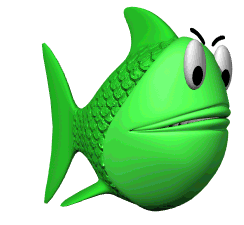
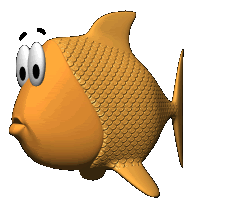
Overfishing 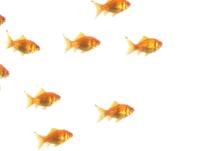
We want to help inform and educate many people about the intricacies and importance of the issue of overfishing, while also providing valuable information, solutions, and resources for anyone wanting to learn more about the issue and what they can do to help.
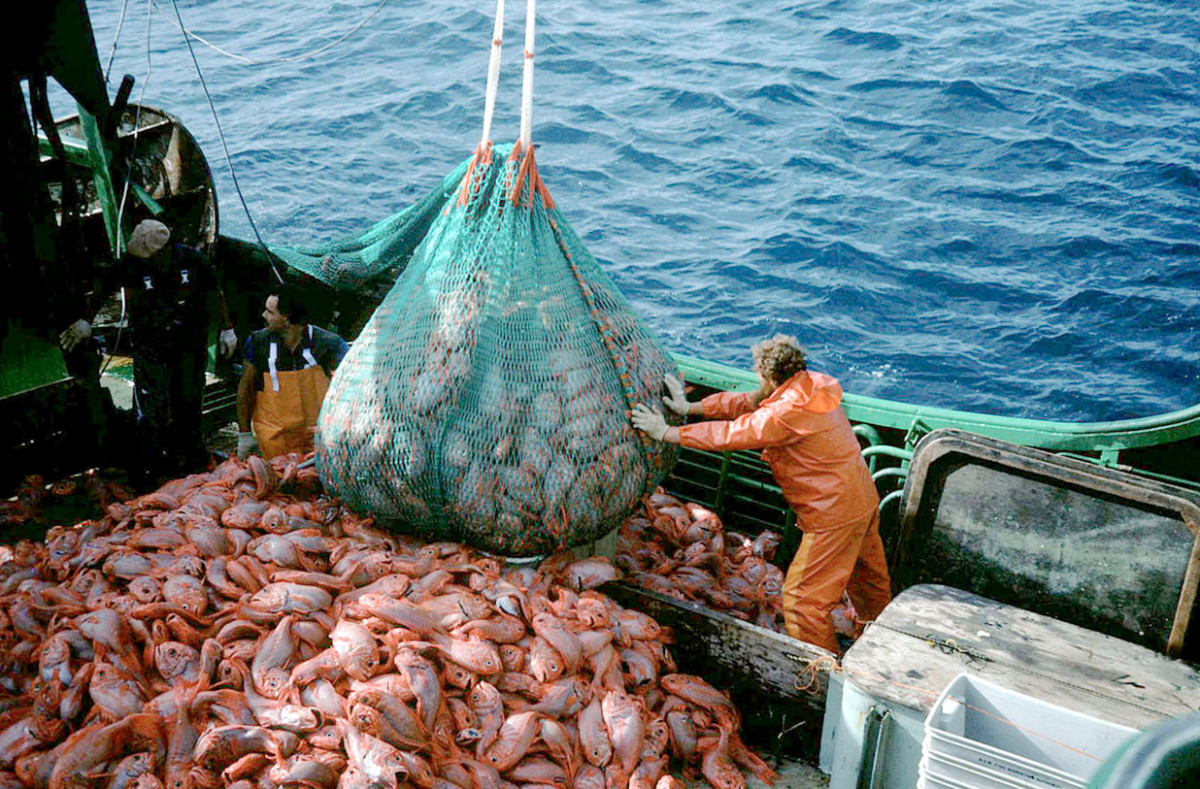
The Issue
Overfishing is the continued catching of too many fish at one time. This usually occurs to the point where fish populations are either seriously or deathly depleted, sometimes depleting them beyond recovery. Overfishing is most commonly seen today in types of commercial fishing, where massive populations of fish can be taken away at any one given time, decimating the local environment and making the recovery for heavily impacted populations unlikely and ultimately slow.Ecosystems and species are taking the hardest hit when it comes to overfishing, as when too many organisms are removed from the environment, it decimates the local populations of fish while also toppling the food chain and making the whole water ecosystem unstable and possibly unsustainable.
Billions of people around the world rely on ocean ecosystems and organisms to acquire their food, with overfishing endangering their main source of protein and leading to fears of food insecurity in many regions of the world.
Overfishing is at least a possible threat to virtually all organisms across the planet. Entire ocean ecosystems can and have been wrecked by rampant overfishing in areas that were once thriving. As ocean ecosystems and food webs become more unstable, so do the ones on land, as many animals (and us) will begin to see some of the effects of the depletion of various plunderable fish species and sources. The damage here, if severe enough, is almost impossible to recover from for a directly affected species.

Geography
The Mediterranean Sea showcases the most of this issue. It is a large sea connected to the Atlantic Ocean, surrounded by Europe, Africa, and Asia. There are many landmarks in this area, including the Collosseum and the Pantheon. Majority of the surrounding area is urban, with mild, wet winters and hot, dry summers. The culture focuses on hospitality and friendliness, but the cultural food does not involve as much fish that would contribute to the mass overfishing. People have adapted to the climate by utilizing agriculture and adapting homes for mass floods. The Mediterranean is stable with other countries economically, exporting petroleum and vehicles while importing refined petroleum oil. To get around the sea, people will use boats, trains, cars, and airplanes. A lot of people will migrate across the sea from North Africa due to a loss of hope and resources. The major dispute within this area is of Turkey and Greece, but it does not contribute to overfishing.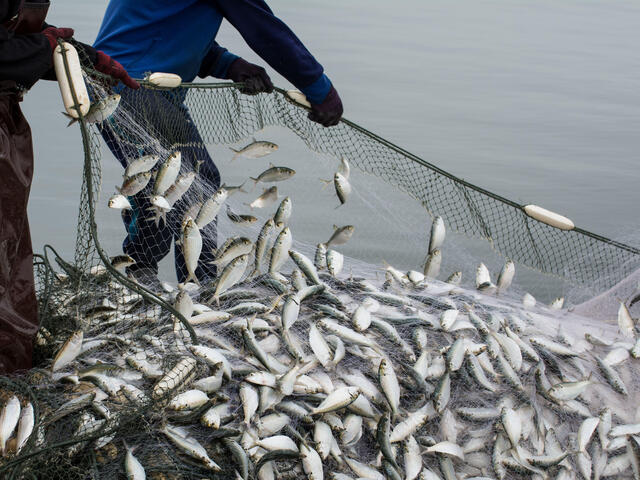
- Fish less
- If you catch a fish, release it
- Limit your fishing trips
- Don't use bait that is toxic to fish
- Avoid fishing endangered species
What can you do?
- Put limits on fishing
- Warn people of areas that have endangered fish
- Prevent illegal fishing